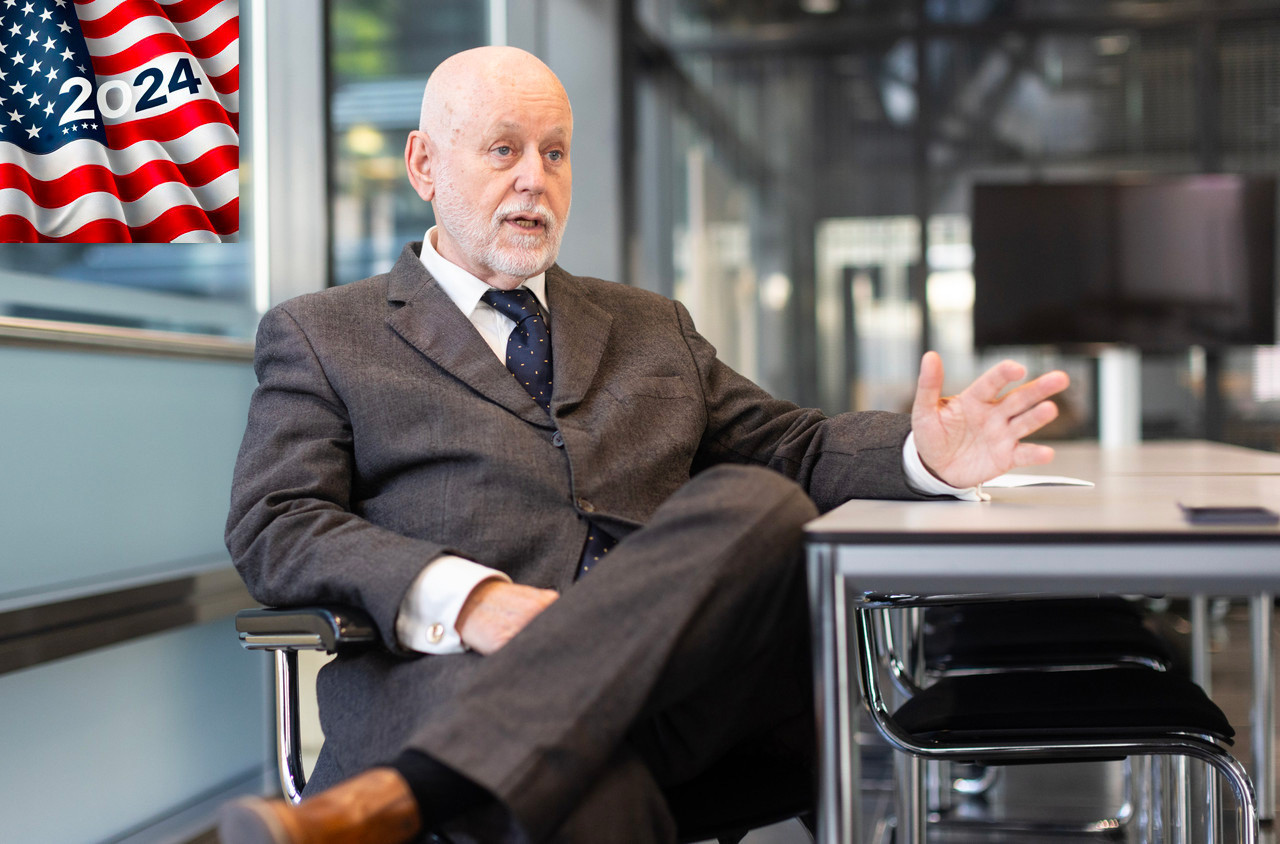The links between Luxembourg and the United States go back a long way. In the 19th century and up until the First World War, there was heavy emigration to overseas countries (the United States, Brazil, Argentina, etc.). According to the official Luxembourg portal, more than 72,000 Luxembourgers left the country between 1841 and 1891, out of a total population of 212,800 in 1891. “Entire families, sometimes even entire villages, left Luxembourg in the hope of a better life,” explains , president of the American Chamber of Commerce in Luxembourg. Chicago, for example, was home to 16,000 Luxembourg emigrants in 1908.
“To say that relations between the two countries are strong would be an understatement. And since the First and Second World Wars, the links have only grown stronger. Under the Marshall Plan in 1947, America wanted Europe to be free and prosperous, and many companies set up here, including Dupont Nemours, Goodyear and Guardian. They created jobs and used Luxembourg as a place to do business. Many companies are still here and new ones, such as Amazon, have also set up here since then.”
In Luxembourg in 2022, around 60% of trade was conducted within the EU, with the US being Luxembourg’s fourth largest trading partner, and its second largest (14%) supplier, according to Statec figures. Should the country fear the outcome of the presidential election on 5 November? “I can’t answer the question of which of the two candidates for the White House is the better choice, I have to be neutral,” replies Schonenberg. “We’ll have to treat them differently. They are two completely different people, with opposing personalities and approaches. My aim is for the United States to continue to be a strong partner and friend of Luxembourg and I’m doing my best to preserve Luxembourg and American interests at the same time.”
Overall, I’m not afraid of either one; or I’m afraid of both because each has positions that can cause concern for trade.
But the president of Amcham nevertheless agreed to analyse certain proposals put forward by Kamala Harris (Democrat) and Donald Trump (Republican). “Overall, I’m not afraid of either of them; or I’m afraid of both of them because each has positions that can worry trade.” Trump, for example, wants to impose new tariffs on foreign goods entering the US to “stop inflation,” and he also advocates deregulation of the energy sector and drilling for oil and gas.
A “less pro-business” approach from Harris
“I think the fundamental thing that Trump wants to say, for the increase in import taxes in particular, is that if someone wants to sell a product in the United States, they should build it in the United States and employ local people. He wants people to invest in America and create jobs there, and I don’t think that's a bad idea. He thinks the same way about drilling. I believe in free trade and good trade relations between the European Union and the United States. The trade relationship between the United States and the European Union is enormous and mutually beneficial for both parties. I don’t expect there to be any impact on that, given what Trump is talking about, and if there were impacts I would be among the first to react.”
As for the proposals put forward by Harris, who is in favour of passing a federal law to combat price gouging in the food industry, or raising taxes on the wealthiest people or companies, “they’re less pro-business, that’s for sure. I don’t see how this approach is necessarily going to increase economic prosperity. In fact, it takes money away from businesses, and doesn’t give them the power to develop new products, recruit, or pay employees properly,” points out Schonenberg, who, at almost 79, has just obtained Luxembourg nationality.
Results that will be “very close”
Schonenberg, who has been director of Amcham since 1998, believes that “the question Americans are asking is: are they better off than they were four years ago? If the answer is no, they say the person to blame is Joe Biden because he hasn’t improved the situation, even though he had nothing to do with [Russia’s] war in Ukraine, inflation, etc.” Trump, for his part, would be seen, in his view, as “a solid businessman, and America likes strong leaders, they have the impression that he’s going to protect them, that he’s going to take care of them. He goes to football matches, he visits every state, he’s patriotic. He tells them that he’s there for them, that he understands their pain, and there’s a whole part of the United States, mainly in the centre of the country, that believes him.”
And what about his legal woes? “His supporters think it’s a conspiracy against him so it doesn’t really have an impact on their choice.” Schonenberg says that the results of the American presidential election are going to be “very close, everything will come down to the swing states where voters are more undecided and their opinion less clear-cut on the two candidates.”
This article was originally published in .

